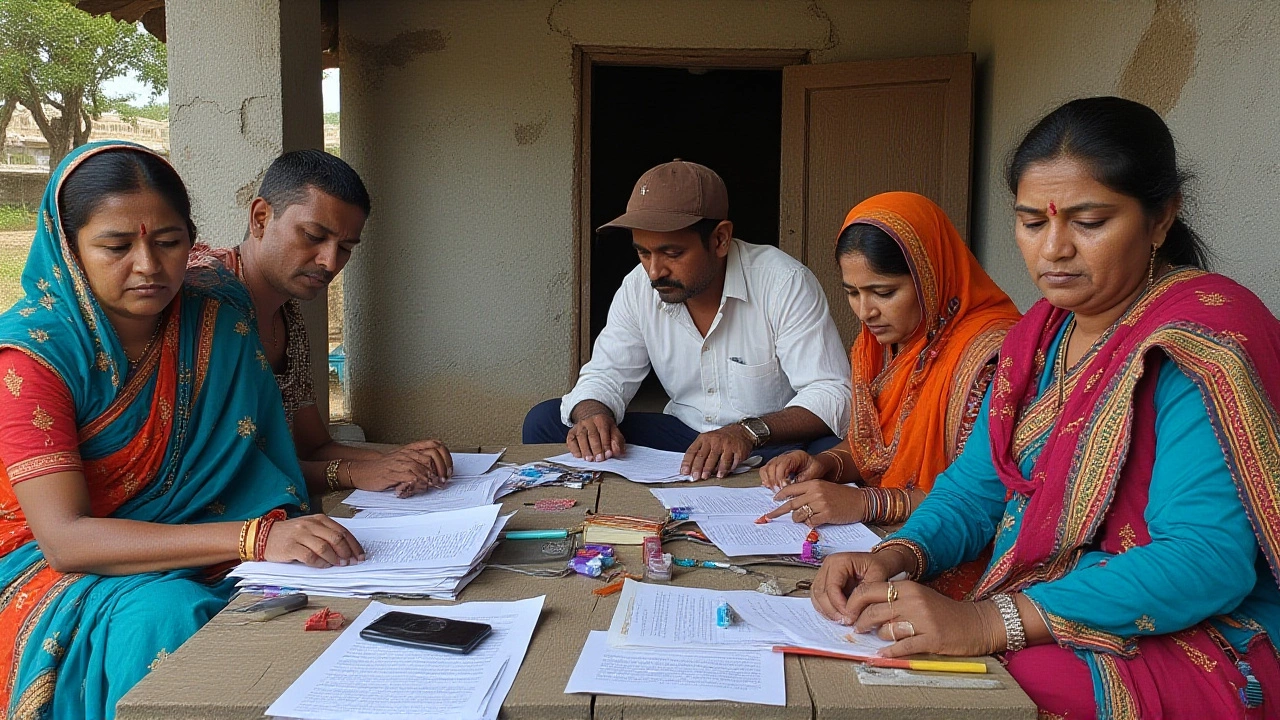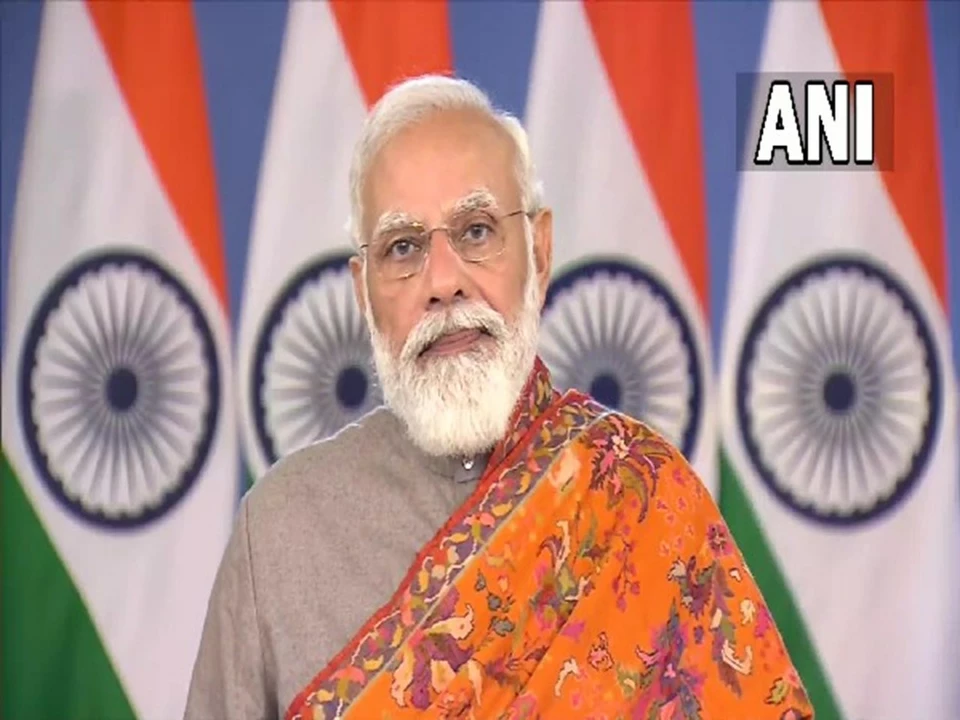News and Politics: What’s Happening with India’s Farm Laws?
Welcome to the hub for fresh news and politics. If you’ve been following the buzz, you know the big story right now is the possible repeal of India’s three farm laws. Let’s break down what this means, why it matters, and where the conversation is headed.
Why the Farm Laws Became a Flashpoint
The three farm laws were introduced to modernize agriculture, but many farmers felt they tipped the balance in favor of big corporations. Protests spread across states, with trucks full of produce blocking highways and villages turning into protest camps. The core gripe? Farmers feared losing bargaining power and being forced into price‑setting mechanisms that don’t reflect their real costs.
PM Modi’s Announcement and Its Immediate Impact
In a surprise move, Prime Minister Narendra Modi signaled that the government will repeal the three laws. The announcement came after months of talks, sit‑ins, and a growing public debate. For farmers, it’s a sigh of relief; for the government, it’s a chance to reset the narrative and show they listen. Market reactions were mixed—some investors worried about policy uncertainty, while others saw it as a step toward stability.
What does repeal actually entail? In practice, the government will draft new legislation or revise existing rules to address the concerns raised. This could mean more room for state‑level regulation, clearer price‑support mechanisms, and stronger safeguards against exploitation. The exact timeline is still vague, but the political will appears stronger now.
From a political angle, the repeal reshapes the election landscape. Opposition parties are already using the episode to critique the ruling party’s earlier stance. Meanwhile, farmer unions are negotiating for additional concessions, such as better loan waivers and improved irrigation infrastructure. It’s a dynamic chess game where every move influences the next.
For everyday citizens, the takeaway is simple: policy can change when enough voices are heard. The farm law saga is a reminder that democratic pressure still works, even in a country as large as India. It also underscores the importance of staying informed—what looks like a distant debate can affect food prices, employment, and even export opportunities.
If you’re wondering how this will affect your daily life, consider the food aisle. A smoother, farmer‑friendly supply chain can lead to more stable prices for staples like wheat, rice, and pulses. On the flip side, any short‑term disruption in the transition phase could cause brief price spikes. Keeping an eye on weekly market reports can help you spot these trends early.
Beyond agriculture, the repeal signals a broader shift in how the government handles contentious reforms. Future initiatives—whether in tech, education, or health—might see more pre‑emptive consultations with stakeholders. That could mean fewer protests and smoother roll‑outs, but also a longer policy‑making timeline.
What should you do next? Follow reliable news sources, watch for official statements from the Ministry of Agriculture, and join community discussions if you’re directly impacted. Social media can amplify voices, but verify facts before sharing. Staying engaged ensures you’re part of the conversation that shapes the policies affecting you.
Bottom line: the farm law repeal is a pivotal moment in India’s political scene, blending protest, policy, and public opinion. It’s a story still unfolding, and we’ll keep you posted with the latest updates, analysis, and practical tips on what it means for you.

The Election Commission of India removed 47 lakh names from Bihar's voter list ahead of the 2025 Assembly elections, citing deceased voters, duplicates, and foreign nationals. The purge, led by Chief Election Commissioner Gyanesh Kumar, has sparked political backlash and Supreme Court scrutiny.
Read More
The Jharkhand Excise Department ran a live e‑lottery in Palamu, receiving 477 applications for just 70 retail liquor licences. Winners will run their shops from September 2025 to March 2030 under the new excise policy. The transparent process is part of a state‑wide effort covering 1,343 shops, with results posted online on Aug 23, 2025.
Read More
In a surprising turn of events, PM Narendra Modi has announced that the Indian government will be repealing the three controversial farm laws. These laws have sparked widespread protests and unrest among farmers, who claim that they are being exploited and their livelihoods are at risk. This decision comes after months of intense negotiations and shows that the government is finally willing to listen to the concerns of the farming community. As a blogger, I am relieved to see this progress being made and hope that it will pave the way for a more equitable agricultural system in India. It's essential for the government and farmers to work together in order to ensure a sustainable and prosperous future for all.
Read More